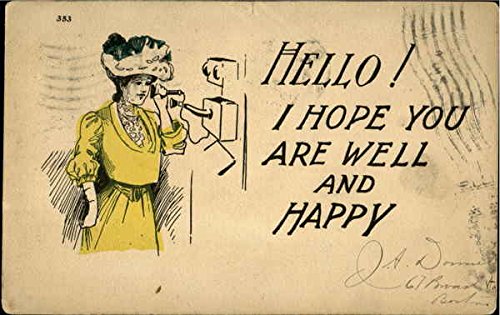 Romance in Marseille by Claude McKay
Romance in Marseille by Claude McKayMy rating: 4 of 5 stars
I picked up “Romance in Marseille” based on some buzzy reviews from LitHub and New Yorker—a lost classic from a giant of the Harlem Renaissance? Sign me up, man. After reading several pop lit titles in a row, I have to say Claude McKay’s writing was like a cool drink of water— I was a little worried that something pulled out of the archives unfinished after ninety years might have languished in obscurity for a reason, but I could put those fears to bed within the first five pages. This is a GREAT book. I don’t know that that it quite lives up to the breathless hype of the reviews, but it was a wonderful introduction to the work of a truly talented author and a brisk read at 90ish pages.
"Romance in Marseille" opens with the amputation of protagonist Lafala’s lower legs and feet, which, way to start the book off with a bang. Originally from West Africa, Lafala was discovered as a stowaway on a French freighter bound for New York—the shipmen punitively locked him in an unheated lavatory for the remainder of the voyage, resulting in frostbite to his feet and their subsequent amputation. It says something about “what we’ve come to expect from protagonists” that I already started wondering if this was some kind of device, where Lafala might wake up and realize it was all a dream, but no, he actually goes through the entire book as a double amputee, and that’s one of the really interesting parts of this novel. In the (unnecessarily voluminous) introduction, there’s a quote from McKay about how he wanted to treat Lafala’s disability without the usually heavy strings and maudlin overtones. Lafala, soon outfitted with prosthetic limbs and crutches, is no Tiny Tim--thanks to an enormous settlement from the ship’s owners, he becomes attractive in his affluence and more envied sans feet than he was with them. While the subject of his legs is never all the way out of sight, it’s treated with a distinct lack of pity and so much more naturalness than the usual writer from this time period would handle a similar situation.
After winning his lawsuit, Lafala returns to the port of call he initially stowed away from—Marseille. He picks back up with a prostitute, Aslima, who stole all his money the last time he was in town and instigated his departure in the first place. She has a change of heart towards him in his newly disabled state, feeling partially responsible for his misfortune, and refuses to take money from him like her other clients—they begin a kind of is-she-or-isn’t-she-going-to-rip-him-off-again pas de deux, a situation triangulated by Aslima’s white pimp, Titin. At the local café, Tout-va-Bien, a colorful assemblage of misfits pass in and out of focus— there’s a feeling of a more diverse, more French version of Christopher Isherwood’s Berlin, as gay and straight, black and white, middle class and poor figures mingle. Some of this gets a little too character-sketchy, where the flash portraits of new people get in the way of the narrative, which is essentially a story of Lafala and Aslima, but I think some of this could be chalked up to the book not being “finished” by McKay before its way-posthumous publication.
My only real complaint with the book is the long, long, LONG introduction and the EVEN LONGER and even less useful explanatory notes presented in this edition. The introduction gives a bit of an overview of the history of the manuscript, contextualizes the idea of the “stowaway” narrative, draws connections to possible real life inspirations used by McKay to form the backbone of the novel and some of its characters, and presents some ideas on how forward thinking the themes were for their time. I appreciated being clued in on these concepts but it felt stretched for length and overly pedantic. What I said about the intro goes twice for the explanatory notes—I mean, it would be useful to know that a muezzin is a term for the person who recites the call to prayer in a mosque, but can I not Google that? Did they have to explain what a Morris chair is? Spoiler: it’s an Arts and Crafts movement style chair designed by William Morris—not that that has hardly any bearing on the narrative, it’s just a descriptive term used for a chair you would see in the time period of the book. It felt a little like the notes at the end of a Shakespeare play, where you really would be lost if you didn’t understand a particular Renaissance-era reference or word, except this is the 1920’s and you won’t die if you don’t know what a pianola is…you can infer based on the context that it’s some kind of musical instrument, and I didn’t really need them to tell me it was “a type of mechanical player piano, introduced in the 1880s, that lost ground to the gramophone beginning in the 1920’s.” I already knew that from reading a lot of books from the 1920’s, but if YOU didn’t, YOU would be fine, trust.
Short and long of this—skip the introduction until after you've finished the book, skip the explanatory notes altogether, and dig your teeth into this lushly written novel by a somewhat forgotten, but hopefully not for much longer, voice of early 20th century African American literature.
View all my reviews


